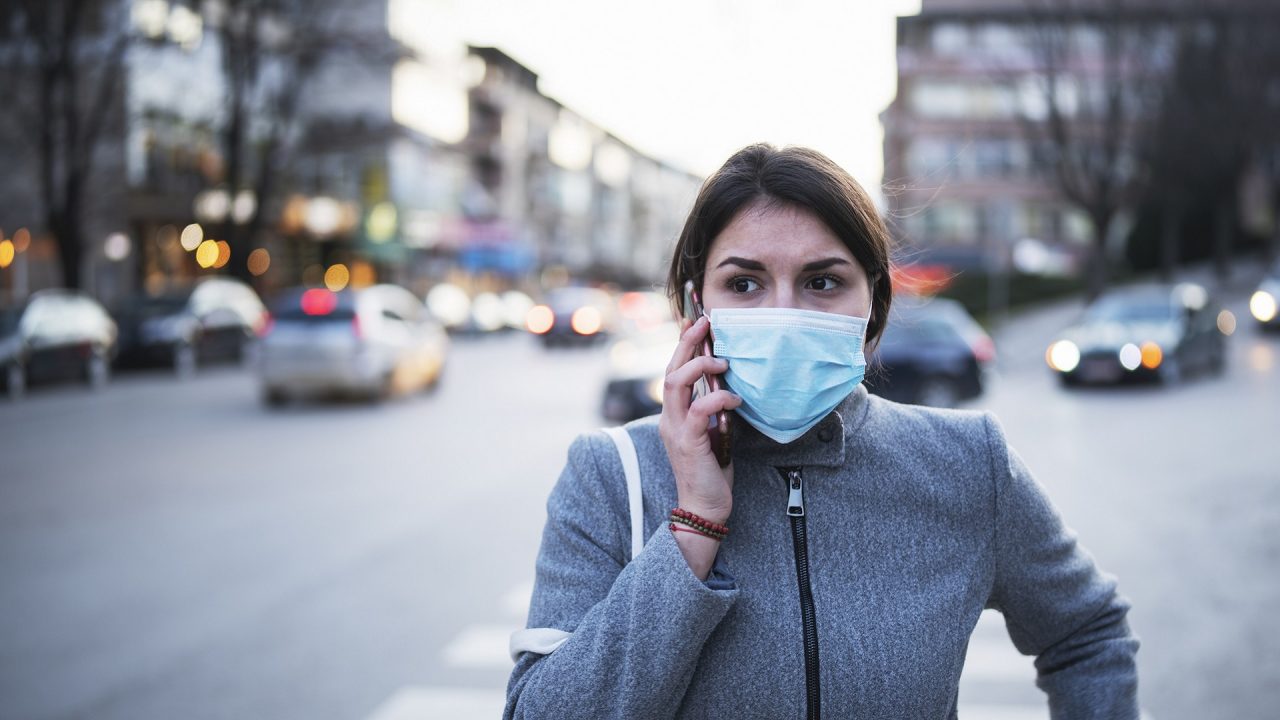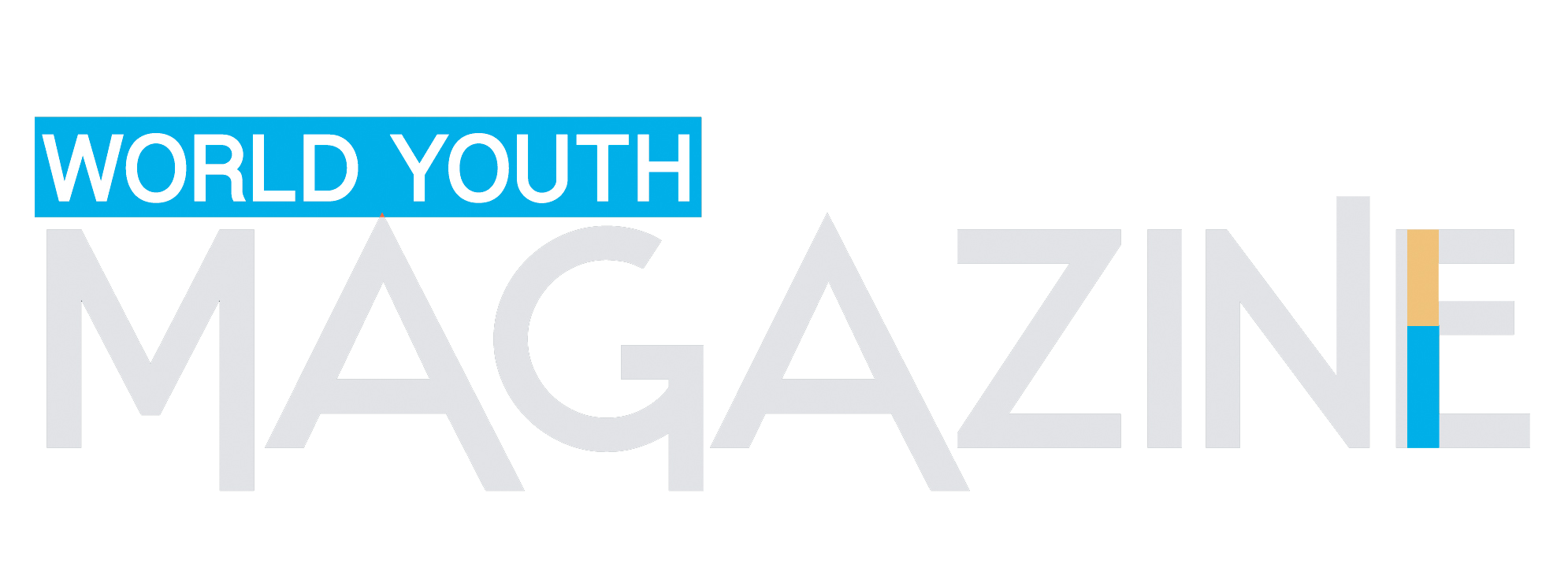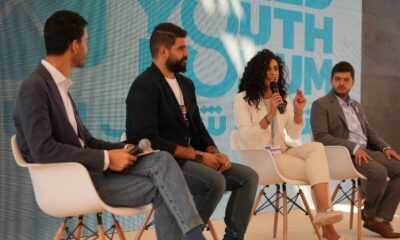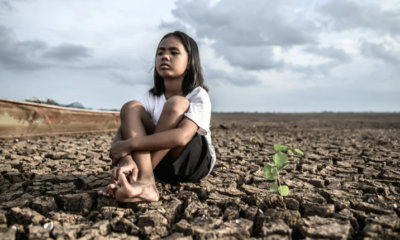Culture Hub
CoronaSpeak: 12 Pandemic Slang Terms

By Ahmed Alaa
It seems that the COVID-19 pandemic has affected many aspects of our lives, including the language we speak. This is not a surprising fact. However, new challenges have always given people new means to express themselves and to cope with the new environment and their new circumstances. So, what other stronger means that can help us express ourselves than our own words? You’d be amazed to see below the list of words and expressions that have been coined since the pandemic hit our world in 2019. Some of the words coined are even a bit humorous!
1. Coronacoinage or Coronaspeak
The process of coining a word to fit our lives post-COVID has its own ‘coined’ term!
2. Covidiot
As the word shows, it is a combination of ‘covid + idiot’, referring to a person who behaves irresponsibly during the time of the pandemic. So next time you find someone who ignores the COVID safety precautions and acts selfishly, at least you’ll know what they’re called!
3. Zoombombing
The word is related to the new post-COVID reality, where due to quarantine and social distancing, most of the businesses have had to rely on work from home, or WFH; another widely used term post-COVID by the way, in addition to that the work meetings have gone virtual through a number of video conferencing platforms, the most well-known of which is Zoom.
However, things do not always go smooth in these Zoom meetings, where someone may attack the meeting whether online (like pop-up ads or malicious apps and hacking) or even from the household (like one’s naughty and curious children, the delivery guy hitting the doorbell, or maybe some angry car horns in the street!), ‘bombing’ your Zoom meeting, which may lead to ending or quitting the session.
4. Zoombie
One may have too many Zoom meetings, which can cause them to be so exhausted and consumed from the excessive screen time, turning them into a ‘zoombie’!
5. Revenge Travel
Dreams have been put on hold, milestones have been brushed aside, and the yearning to travel continues to grow. People are agitated, and they want to exact vengeance on the virus and recover their independence. As a result, many people are planning longer, further, and more indulgent vacations in vengeance for the hardships and cancelled plans we’ve experienced as a result of the pandemic. It’s all about making up for missed time when it comes to revenge travel.
6. Elbump
People around the world, including world leaders, have started greeting each other post-COVID by touching elbows instead of shaking hands or giving hugs (and maybe even kisses). Better safe than sorry I guess.
7. Mockdown
COVID-19 caused the world to go into lockdown, or restricting movement and staying at home. Some people, however, have gone into a ‘mockdown’, which is a mockery of how these people totally ignore the imposed lockdown and go out without taking any precautions and how these irresponsible actions may go unquestioned by some communities.
8. Morona
The next one is somehow close to ‘covidiot’, which is ‘morona’. So, being a ‘moron’ by intentionally not following the COVID precautions now has a new term. Hopefully we don’t meet many covidiots and moronas!
9. Vaccication
Vaccications are that long-overdue, well-deserved, no-expense-spared vacation being planned for the minute you are adequately vaccinated and deemed ‘safe’ to travel, since vaccines are slowly becoming the ticket to international travel.
10. Miss Rona/The Rona
Even the COVID-19 pandemic has got its nicknames! Instead of calling the pandemic by its name, some slang languages would give it interesting names, such as ‘Miss Rona’
11. Miley Cyrus
This seems to have developed as cockney rhyming slang, all the way from the UK. Apparently in some accents Miley Cyrus rhymes with the Coronavirus, or maybe it’s the British sense of humor. One can’t be sure!
12. Always OOO
The standard work commute and corporate office have become a thing of the past for many people, and the WFH (work from home) trend has shown to be not only beneficial, but has swiftly become the norm for many. Work-life balance has never been more important for our general well-being and mental health. Thankfully, the widespread use of remote working has paved the way for the workcation, in which digital nomads and remote workers can flaunt their “always OOO” (out-of-office) status while working and being connected from virtually anywhere.
You may want to have a look at the full list of post-COVID terms, compiled by the leading British linguist and lexicographer, Tony Thorne (who was born in Cairo, Egypt, by the way), in his blog ‘Language and Innovation’.












